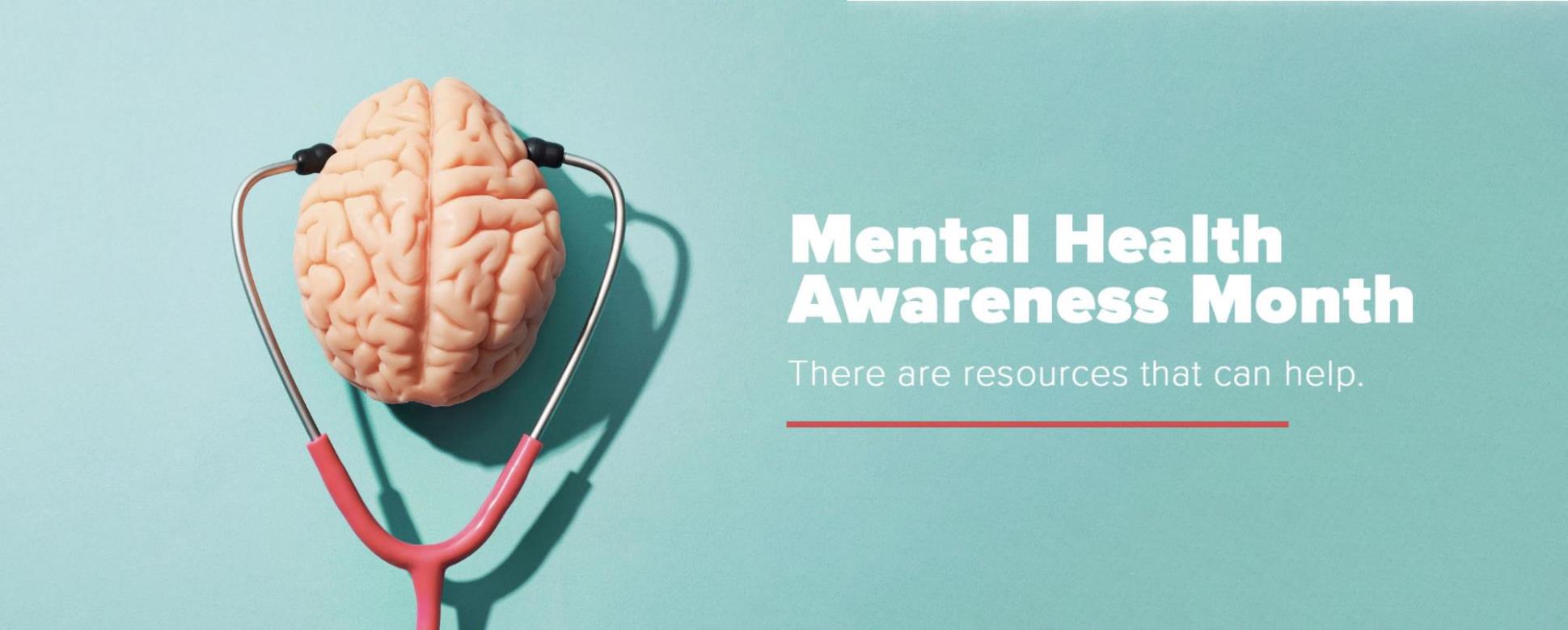Table of Contents
Introduction
Mental health awareness has gained significant attention in recent years as societies recognize the importance of prioritizing mental well-being.
However, understanding the basics of mental health awareness—what it entails, why it is crucial, how to promote it, and when to take action—is essential for creating a supportive environment for individuals facing mental health challenges.
In this article, we dive into the key aspects of mental health awareness, providing insights into what it encompasses, why it matters, how to promote it, and when to seek help.
What is Mental Health Awareness?
Mental health awareness refers to the knowledge and understanding of mental health conditions, their impact on individuals’ lives, and the importance of seeking help when needed.
It involves recognizing common mental health disorders, such as depression, anxiety, bipolar disorder, and schizophrenia, as well as understanding the importance of emotional well-being and psychological resilience.
Why Does Mental Health Awareness Matter?
Mental health awareness is vital for several reasons:
Reducing Stigma: By promoting mental health awareness, we can combat the stigma and discrimination associated with mental health conditions. It encourages open conversations, empathy, and understanding, leading to a more inclusive and supportive society.
Early Intervention: Awareness enables early identification of mental health issues, allowing individuals to seek help and access appropriate support and treatment. Early intervention can prevent further deterioration of mental health and improve overall outcomes.
Improved Well-being: When mental health awareness is prioritized, individuals are more likely to prioritize self-care, engage in healthy coping strategies, and seek support when needed. This promotes overall well-being and resilience.
When to Seek Help:
Recognizing when to seek help is essential for mental health well-being:
Persistent Symptoms: If you or someone you know experiences persistent feelings of sadness, anxiety, or hopelessness, or if these symptoms interfere with daily functioning, it is important to seek professional help.
Impact on Daily Life: When mental health challenges affect relationships, work, school performance, or personal well-being, seeking assistance from mental health professionals can provide support and guidance.
Risk Factors & Warning Signs: Certain risk factors, such as a family history of mental illness or a recent traumatic event, may warrant reaching out for help. Additionally, if there are noticeable changes in behavior, such as increased substance use, social withdrawal, or extreme mood swings, professional assistance should be sought.
Conclusion:
Mental health awareness is an ongoing journey that involves understanding the intricacies of mental health conditions, challenging stigma, promoting supportive environments, and knowing when to seek help.
By embracing mental health awareness, we can create a compassionate and inclusive society where individuals are empowered to prioritize their mental well-being and seek the necessary support.
Let us continue to learn, advocate, and support one another in the pursuit of better mental health for all.





